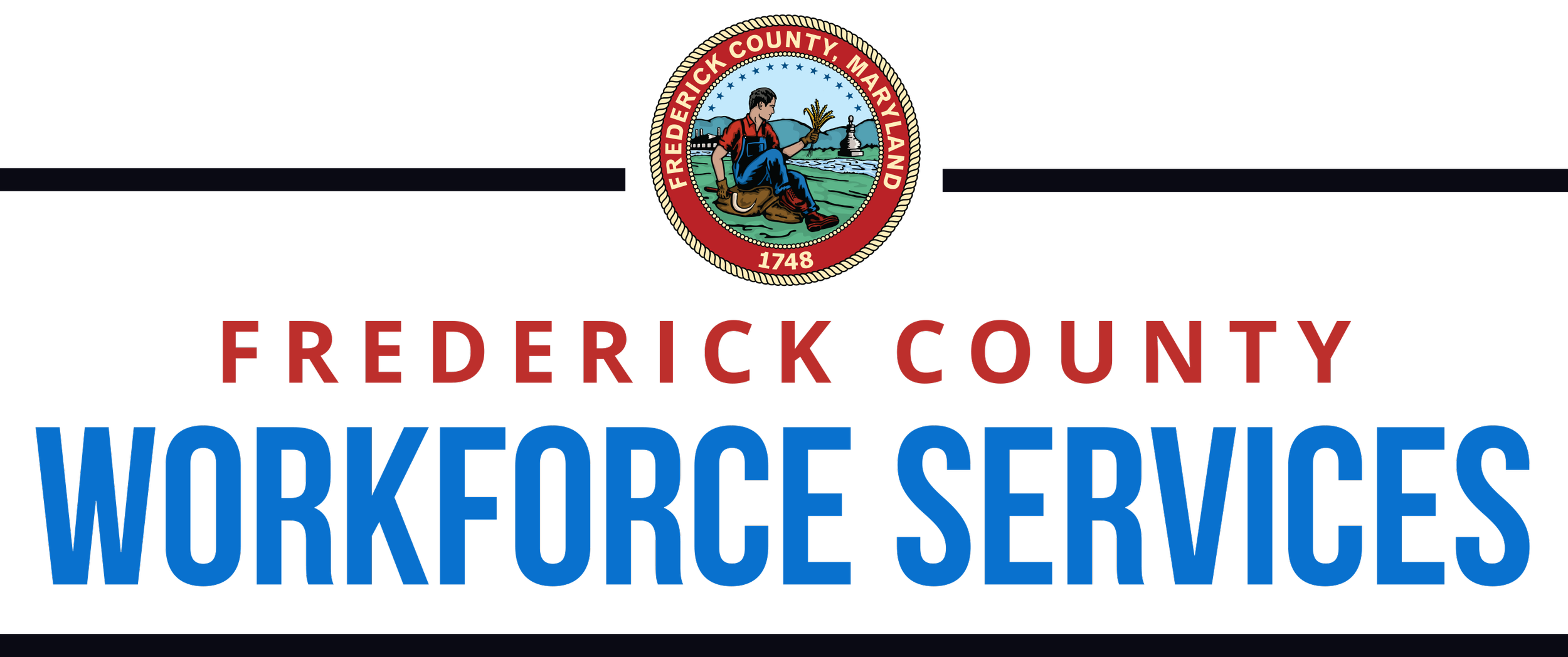September is National Workforce Development Month
By Michelle Day, Director, Workforce Services
September is National Workforce Development Month. It is a time to recognize the efforts and important work of professionals in workforce development who often go unrecognized. I don’t know anyone in this field who set their career sights on becoming a workforce development professional as they thought about their futures, yet there are so many of us who landed here doing work that is imperative to the success and vitality of our communities. It is a profession which draws individuals who are genuinely service-oriented, skilled in exploring and understanding labor markets and career progression.
Workforce development professionals help assess the strengths and skills of individuals who are seeking economic mobility and pathways to meaningful employment opportunities. They have the ability to establish key partnerships with communities, education, and economic development organizations, all with the goal to help individuals reach their career and economic potential. But workforce development efforts and programs could not be successful without understanding the talent needs of businesses and industry. Workforce development programs that are the most successful are driven by the needs of businesses. Many in our field are skilled at assessing these needs, both current and projected so that programs can be designed to meet those needs.
These professionals are dedicated individuals who play a crucial role in helping people achieve their career goals and ensuring businesses have access to skilled talent. Their work involves a variety of tasks, including:
Career Exploration and Development: Helping young adults and other individuals identify their strengths, interests, and career paths.
Job Training: Providing and supporting training programs in high-demand fields to equip people with relevant and up to date skills; Connect individuals to education and training provider institutions.
Support Services: Offering resources like resume writing assistance, interview preparation, referrals to community organizations that help with housing, childcare, transportation and other assistance.
Employer Engagement: Building relationships with businesses to understand their workforce needs and connect them with qualified candidates so they can grow and be competitive.
Policy Advocacy: Working to influence policies that support workforce development and secure funding for programs.
Workforce development professionals are often the unsung heroes behind successful career transitions and thriving businesses. Their dedication and expertise make a significant impact on both individuals and the broader economy. I am fortunate to work alongside my team here at Frederick County Workforce Services. They continue to amaze me with their dedication, innovation, commitment and impact their work has in Frederick County. There is room to grow our impact even more, but it’s important to pause and take time to recognize and celebrate this work that is so critical to our communities.



